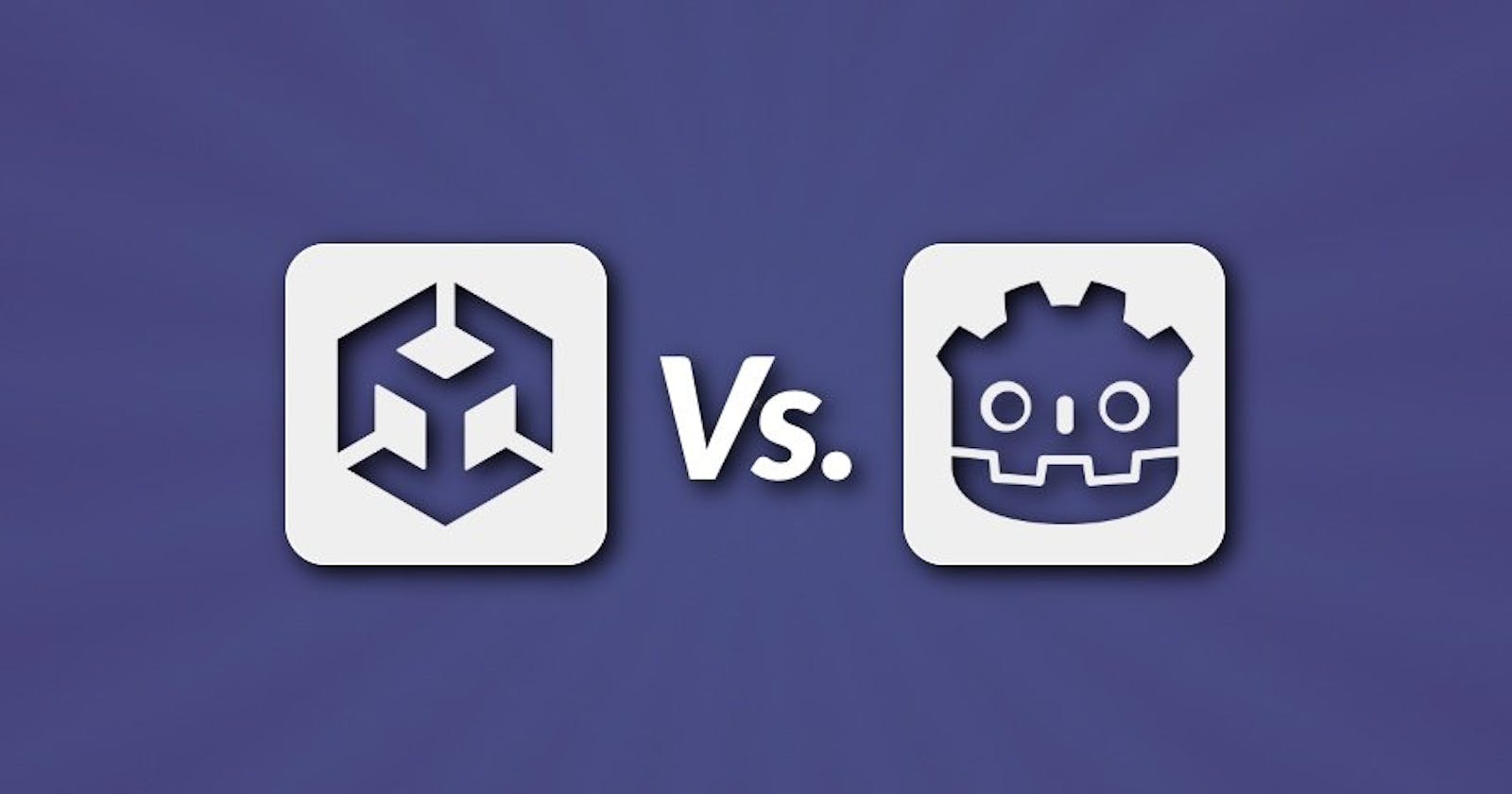In the ever-evolving world of game development, the tools we use can greatly impact our projects. One of the significant factors in this decision-making process is the cost, especially for indie developers. Recently, I found myself contemplating a change due to Unity's per-install fees, and today, I want to share my journey and reasons for switching to the Godot engine.
Understanding the Unity Per-Install Fees: Like many developers, I was initially bewildered by Unity's pricing structure. The concept of per-install fees was daunting, especially for someone like me who is not well-versed in financial intricacies. What I gathered was that, after a certain download threshold, Unity would charge a substantial 20% of profits, and this was before tax deductions. This left me with a dilemma: stick with Unity and potentially incur these fees, or explore other game engines.
Joining the Community: In moments of uncertainty, it's reassuring to know that you're not alone. As I dug deeper into this issue, I discovered that a growing number of developers and the game development community were also considering alternatives to Unity. This shared concern prompted me to delve further into my options.
The Godot Engine: A Promising Choice: Considering my limited experience and to follow the crowd, I began researching alternative game engines. It didn't take long for the Godot engine to catch my attention. Here's why:
Open Source and Community Support: Godot is renowned for being an open-source engine with a thriving community. This means that not only is it free to use, but there's a wealth of tutorials, resources, and fellow developers ready to assist.
Cost-Effective: Godot's licensing model is more straightforward, making it financially appealing, especially for indie developers with tight budgets. No unexpected fees tied to download thresholds.
Ease of Use: Godot offers a user-friendly interface and an intuitive scripting language, GDScript, which makes it accessible for developers of all levels, including beginners like me.
Cross-Platform Compatibility: Like Unity, Godot allows you to export your games to various platforms, ensuring flexibility in your game's distribution.
Embracing Change: With my newfound knowledge and these compelling reasons, I decided to take the leap and redevelop my game using the Godot engine. The transition may present its own challenges, but I am excited about the possibilities it offers.
Conclusion: In the dynamic world of game development, it's essential to adapt and make informed decisions. My journey from Unity to Godot is not just about saving on costs; it's also about embracing a new opportunity for learning and growth. If you, too, are facing similar concerns with your current game engine, I encourage you to explore alternatives that align with your goals. For now, it's farewell to Unity, and here's to a promising new adventure with Godot!
